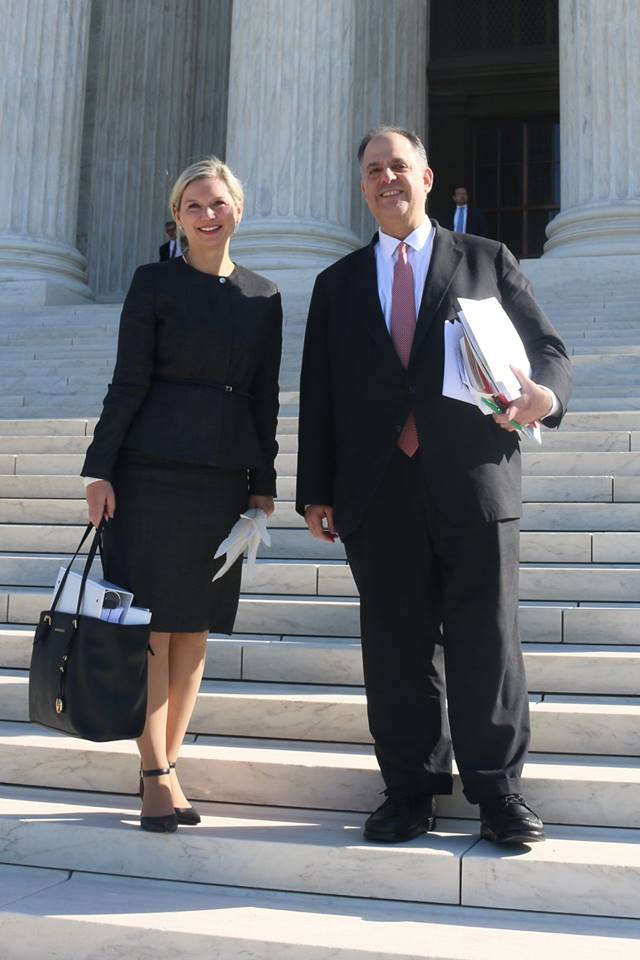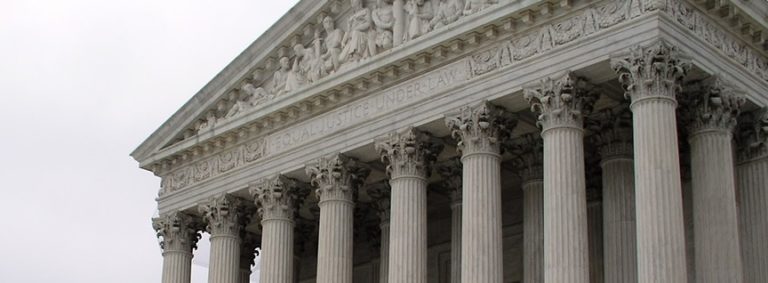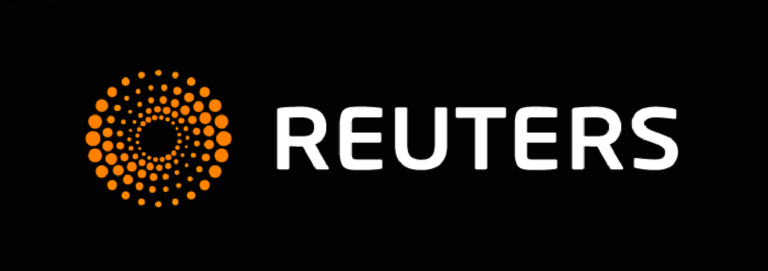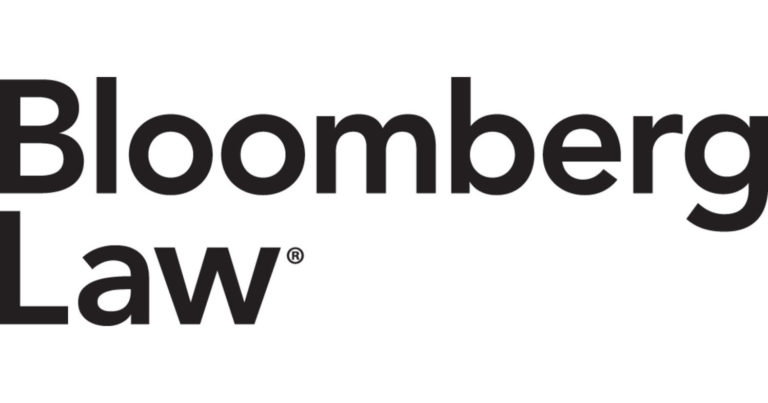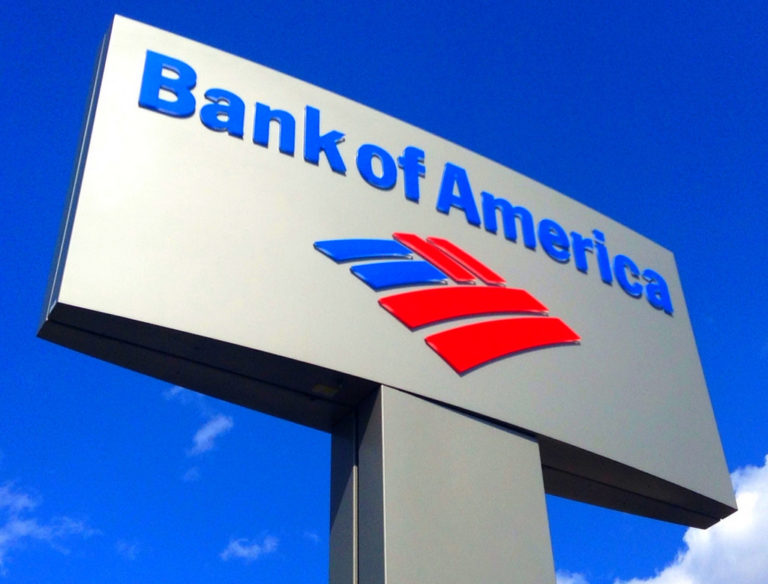Supreme Court Grants Cert in Google Privacy Case Frank v. Gaos
Today the Supreme Court granted cert in Frank v. Gaos, a challenge to the class action settlement negotiated by the plaintiffs’ lawyers in Gaos v. Google which provided $0 to class members and $8.5 million to be divided between the plaintiffs’ lawyers – who received $1000/hour on this case – and third-party charities unrelated to the case.

